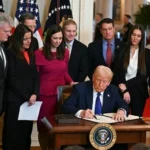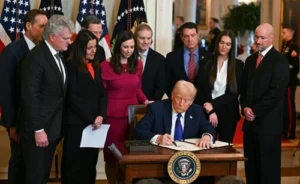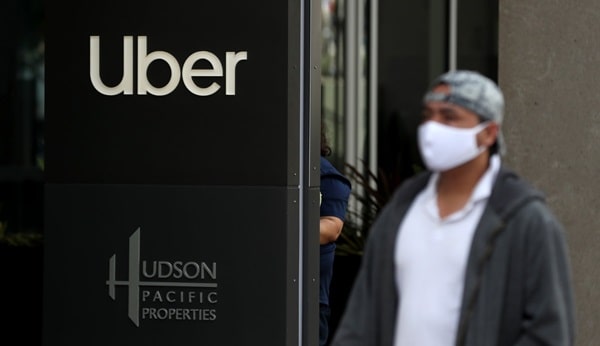In a significant legal confrontation, Uber has filed a lawsuit against the City of Seattle, contesting a recently enacted ordinance that grants drivers the right to challenge deactivations through arbitration. This move underscores the ongoing tensions between ride-hailing companies and municipal governments over the rights and classifications of gig economy workers.
Background of the Ordinance
Seattle’s ordinance, which took effect on September 1, 2024, aims to provide greater job security for drivers working with ride-hailing platforms like Uber and Lyft. Under this law, drivers who face deactivation—a term used by these companies to describe the process of removing a driver’s access to the platform—are entitled to a written explanation and the opportunity to appeal the decision through arbitration. The legislation seeks to address concerns about the lack of due process and transparency in deactivation decisions, which can significantly impact a driver’s livelihood.
Uber’s Legal Arguments
Uber’s lawsuit, filed in King County Superior Court, argues that the ordinance is preempted by federal law, specifically the Federal Arbitration Act (FAA). The company contends that the FAA prohibits states and municipalities from imposing regulations that interfere with arbitration agreements between private parties. Uber asserts that its existing arbitration agreements with drivers should supersede the city’s ordinance, rendering the local law invalid.
Additionally, Uber argues that the ordinance violates the First Amendment by compelling speech. The company claims that being forced to provide specific explanations for deactivations and to engage in arbitration constitutes compelled speech, infringing on its constitutional rights.
Implications for Gig Workers
The outcome of this lawsuit carries significant implications for gig workers in Seattle and potentially beyond. If Uber prevails, it could limit the ability of local governments to enact protections for gig economy workers, reinforcing the primacy of federal arbitration agreements. Conversely, if the city succeeds, it could embolden other municipalities to implement similar protections, potentially leading to a patchwork of regulations across the country.
Driver advocacy groups have expressed strong support for the ordinance, arguing that it provides necessary safeguards against unjust deactivations, which can occur without warning and leave drivers without income. They contend that the ability to challenge deactivations through a fair process is essential for protecting workers’ rights in the gig economy.
Historical Context
This legal battle is not the first between Uber and the City of Seattle. In 2017, Uber filed a lawsuit to block a city ordinance that allowed drivers to unionize, arguing that the law violated federal antitrust statutes. The case was eventually dismissed by a federal judge, but it highlighted the ongoing disputes over the regulation of gig economy companies at the municipal level.
Broader Legal Landscape
The lawsuit also reflects a broader national debate over the classification and rights of gig economy workers. In recent years, several states and cities have attempted to implement laws that provide gig workers with benefits and protections similar to those of traditional employees, including minimum wage guarantees, health benefits, and the right to unionize. These efforts have often been met with legal challenges from companies like Uber and Lyft, which argue that such regulations threaten the flexibility that both they and their workers value.
Potential Outcomes and Next Steps
The court’s decision in this case could have far-reaching implications for the gig economy and the regulatory authority of local governments. A ruling in favor of Uber might reinforce the enforceability of arbitration agreements and limit municipal interventions, while a decision upholding the ordinance could pave the way for increased local regulation of gig economy practices.
As the case proceeds, stakeholders across the gig economy spectrum will be closely monitoring developments. The outcome could influence not only the future of driver protections in Seattle but also set a precedent affecting gig workers and platform companies nationwide.
In the meantime, the ordinance remains in effect, and drivers in Seattle retain the right to challenge deactivations through arbitration. The legal battle underscores the complexities and challenges of regulating the rapidly evolving gig economy, balancing corporate interests with worker protections, and delineating the powers of local versus federal authorities.
As this case unfolds, it will contribute to the ongoing discourse on the rights of gig workers and the responsibilities of the platforms that employ them, shaping the future landscape of labor rights in the digital age.

















